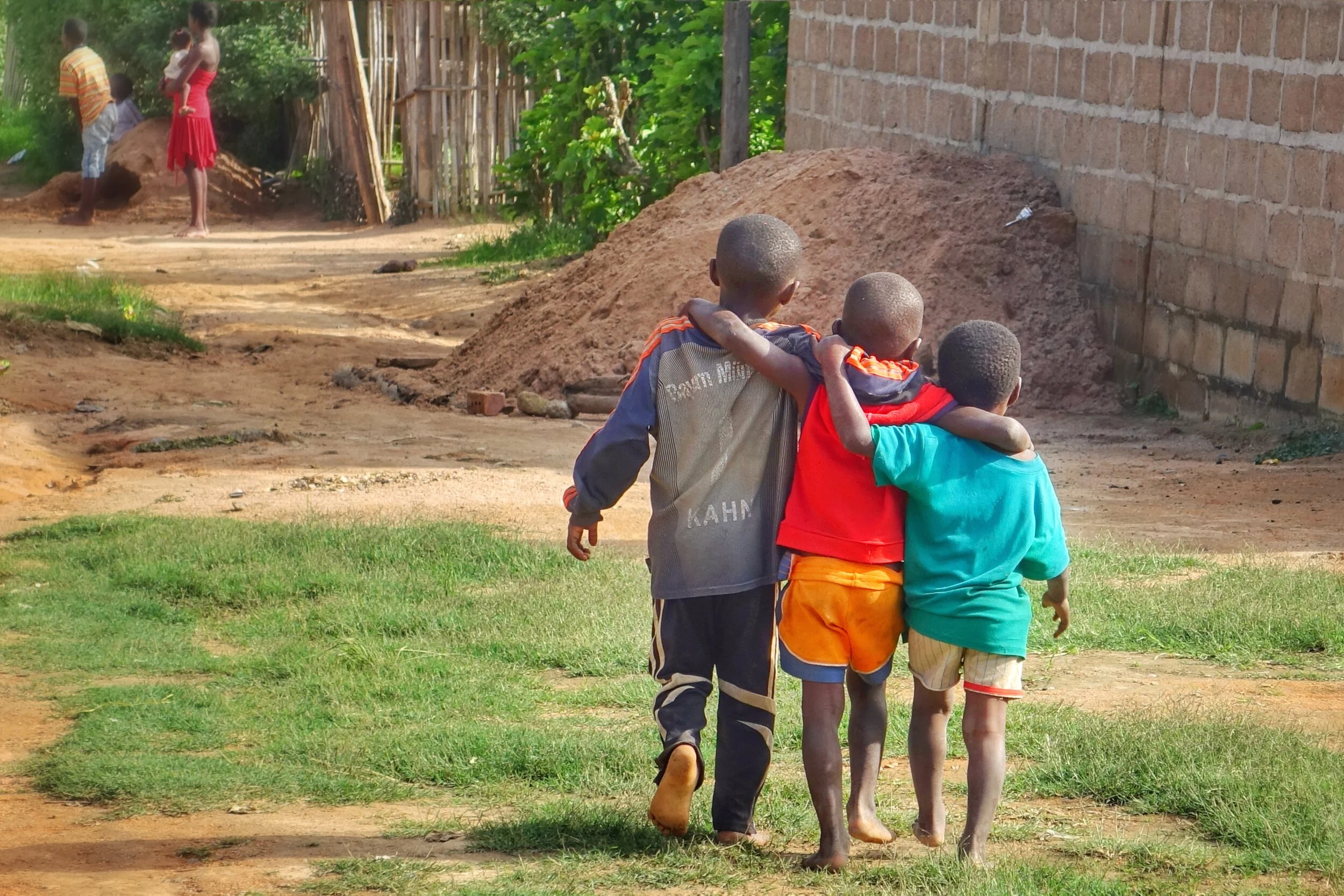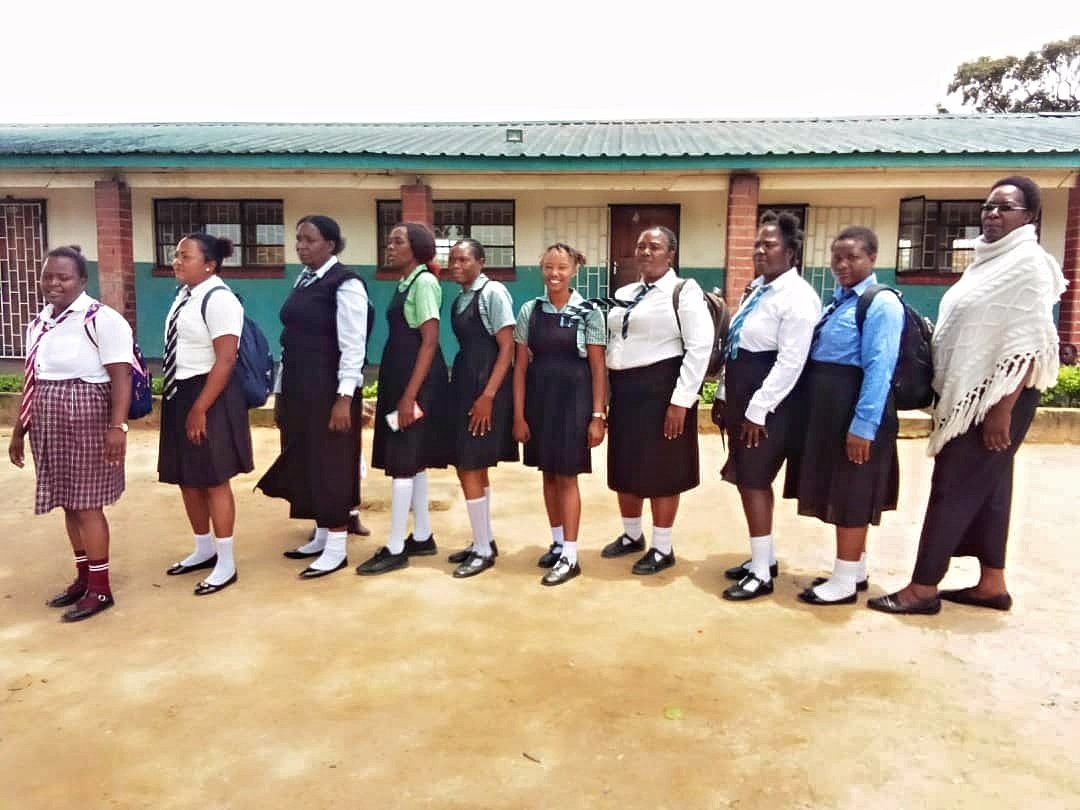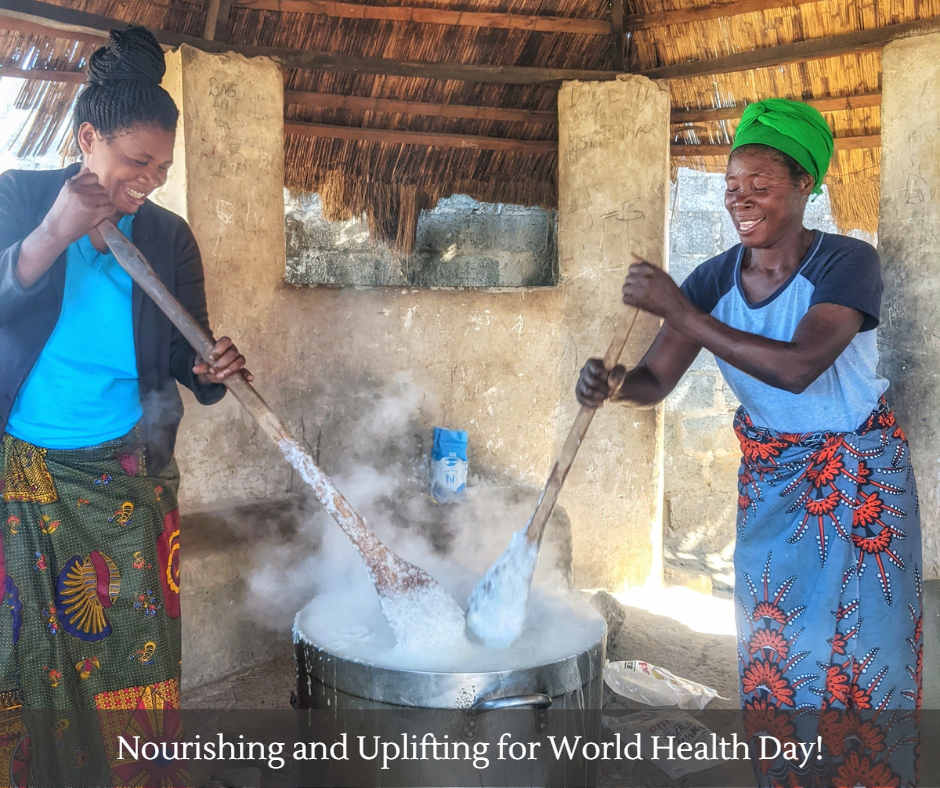Mapalo YPM courtyard before paving
Mapalo YPM courtyard after paving
At the Mapalo Young Peace Makers School, a happy new addition is nearly done! During rainy season each year, teachers can find their classrooms covered with muddy footprints as students make their way in from the courtyard. But now, thanks to a newly paved courtyard, this issue will be much improved! The school has also been newly landscaped, thanks to volunteer work by the teachers, community members, and the PCSC (parent/caregiver association). The PCSC board chair, Mr. Polycarpo, led by example, often coming to the school for hours after his own work day to help move pavers for the landscaping, and making himself available in any way to help with the effort.
With the second school term just beginning, we are thrilled that everyone’s hard work paid off to complete this task while the students were on break. The students were feeling happy and proud when they returned to see their “new” looking school!
Meet some of the volunteers in this video from Mapalo head teacher, Emmanuel Mumba.










